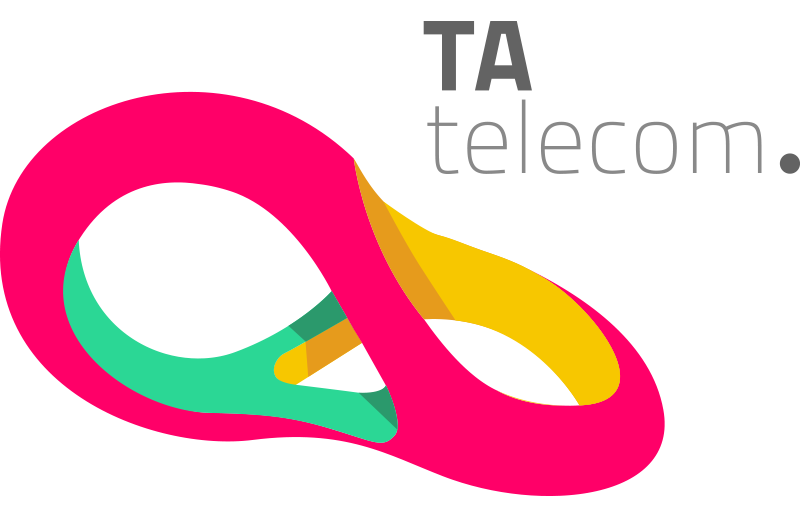Carrying heavy containers for miles to deliver water to their families, Sub-Saharan African women and girls spend an estimated 40 billion hours annually collecting water.
“Around 748 million people today still do not have access to an improved source of drinking water,” says the UN World Water Development Report released on March 20, two days ahead of World Water Day. The report also forecasts a 40 percent global water deficit by 2030.
Water shortage has been primarily attributed to global warming, diminishing ground waters and rainfall, persistent urbanization, unsustainable agricultural practices, deforestation and pollution. “Groundwater supplies are diminishing, with an estimated 20 percent of the world’s aquifers currently over-exploited,” the report notes.
As the world population grows, doubling in Asia and Africa by 2050, agricultural production will need to increase by 60 percent to meet global needs.
“The current growth rates of global agricultural water demand are unsustainable, the sector will need to increase its water use efficiency by reducing water losses and, most importantly, increase crop productivity with respect to water,” the report adds.
Technology and Water Management
Remote sensing technologies provide observational data, building a knowledge base and enhancing the understanding of current water management needs.
Equipped with low-cost data transmitters similar to mobile phones, smart hand pumps developed by Oxford University researchers send a text message to water managers in Kenya, alerting them of operational problems and fixes.
The smart hand pump technology provides an essential solution for rural communities in Africa who depend on hand pumps as a primary source of drinking water. With many pumps malfunctioning, it can take up to 30 days to fix them, affecting community access to clean water.
“Personal devices including widespread access to mobile phone services, and cloud-computing based data analytics, also enable the installation of distributed sensor networks, often in a way that involves local actors in the data collection and knowledge generation process,” the UN report explains.
With big data and analytics, scientists can help optimize water management and improve future strategy, bridging the gap between future water demand and supply.
Water and Sustainable Development
“Water is truly at the core of sustainable development. It is inextricably linked to climate change, agriculture, food security, health, equality, gender and education,” the report says.
To develop a water-conscious culture, researchers emphasize that people must be able to link water consumption with environmental and food security. Society's acceptance of water conservation as a new way of life begins with awareness, as renowned water expert Malin Falkenmark puts it: "Make water everybody's business."



